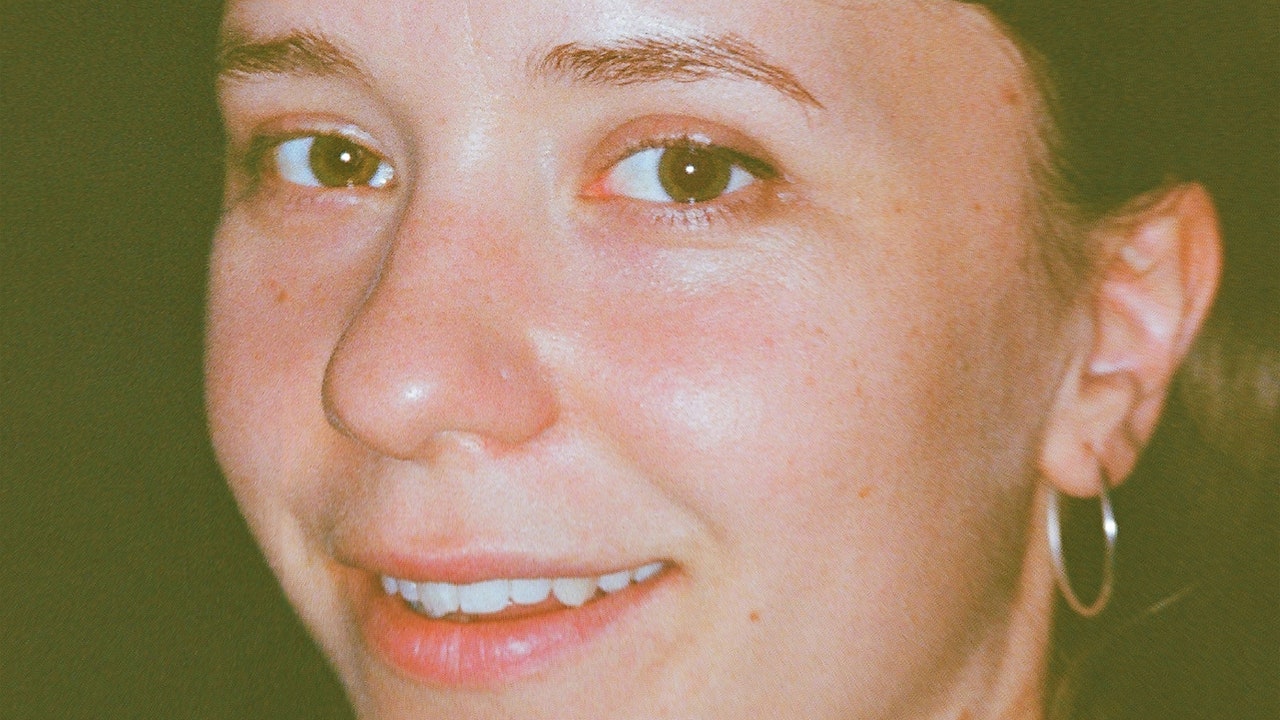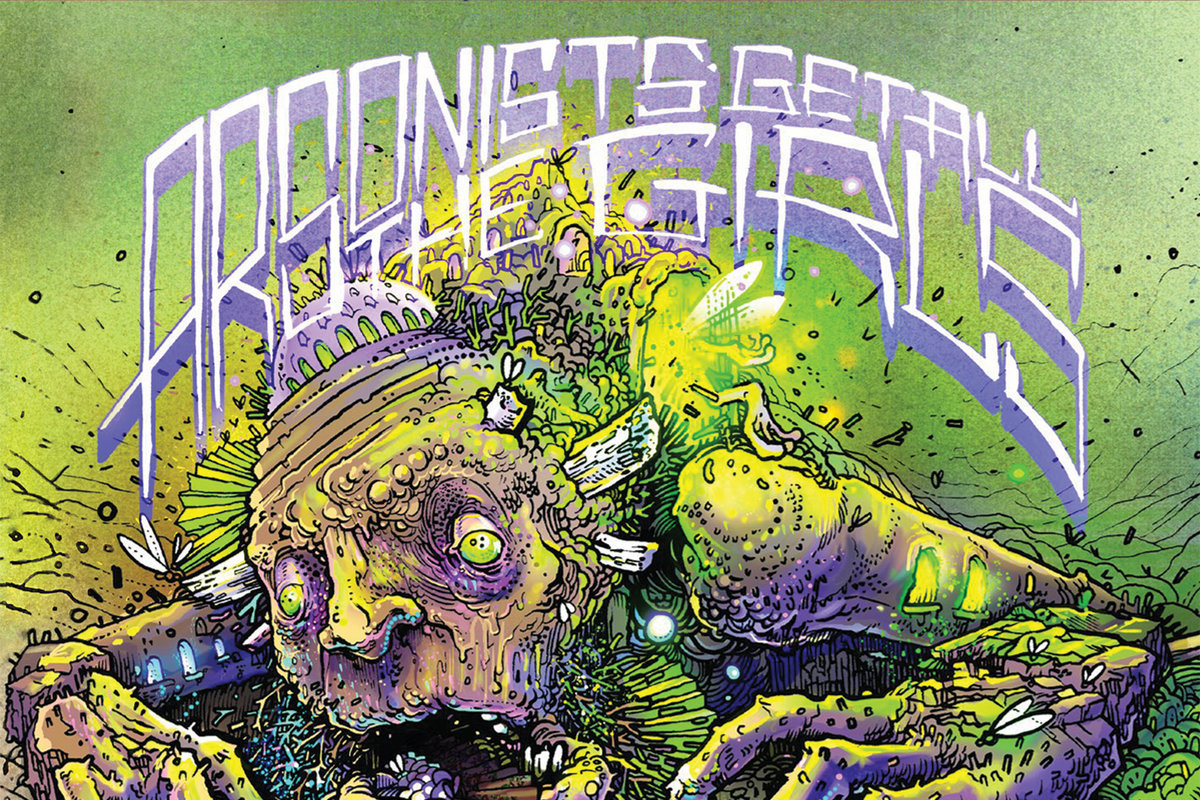Astrid Sonne wastes no time getting to the heavy stuff on her third album, Great Doubt. After a vanishingly brief introduction—a 61-second prelude for flute and viola that starts off sweetly and turns unsettling in its closing seconds—she cuts to the chase on “Do you wanna,” the album’s first real song. “Do you wanna have a baby?” she asks, her voice cool and affectless over lumbering piano and a plodding, rickety drum beat. Then she twists the knife: “I really don’t know.”
Singing from a position of vulnerability is a shift for the Danish musician. For most of her career, Sonne avoided lyrics entirely. “I’m so awful at writing them, I would do anything to avoid it,” she told an interviewer in 2019. Instead, on her first few releases she struck an unusual balance between ambient electronics, trance arpeggios, 20th-century minimalism, and the stark, unadorned sound of her viola. On the rare occasion that she did include voices, they were just another layer of tone color. On 2018’s Human Lines, her debut, she smeared choral samples like daubs of oil paint; she closed 2019’s otherwise resolutely electronic Cliodynamics with a piece of chamber music that recalled Renaissance polyphony. On largely a cappella tracks like “Fields of Grass”—partially recorded in a parking garage—and “How Far,” the words were secondary to the songs’ whorled textures.
But Great Doubt is, in many ways, a singer-songwriter record, swapping electroacoustic abstraction for plainspoken intimacy. Second-person address bleeds into first-person introspection; Sonne can be unnervingly direct. On “Do you wanna,” her great doubt turns out to be trepidation about civilization itself, her interlocutor not a lover but herself: “I think to myself/Do you wanna have a baby/Do you wanna bring people into this world?” she muses, before repeating the word “people,” rolling it around in her mouth like a foreign object.
Tirzah’s hermetic brand of R&B is a clear influence on Sonne’s skeletal arrangements and carefully shaded portraits of ambivalence. On “Give my all,” the slow-moving drum programming is an uphill trudge, the strings sour and dirge-like, yet her voice—singing words borrowed from Mariah Carey—is radiant with longing, capturing lovelorn dejection with a songbird’s grace. “Almost” is similarly conflicted, filling in the outline of a breakup with a series of stark, simple images: “A woman passing by/Clouds moving across the sky/Warm rain on my face.” Her smoky alto resembles Sade Adu’s; for all the song’s inherent sadness, it’s weightless, a bittersweet nothing rendered in little more than voice and plucked strings, with a fadeout that seems to say, this too shall pass.



